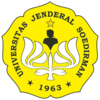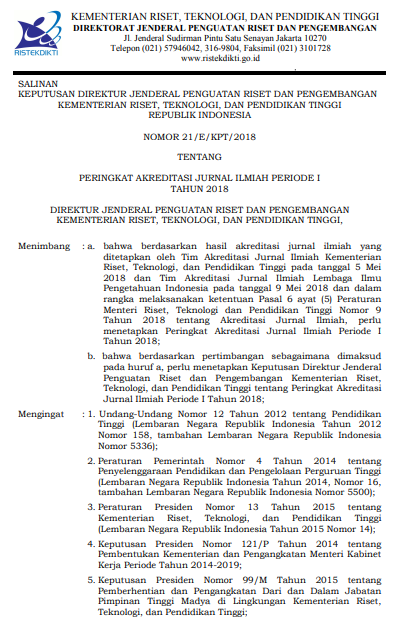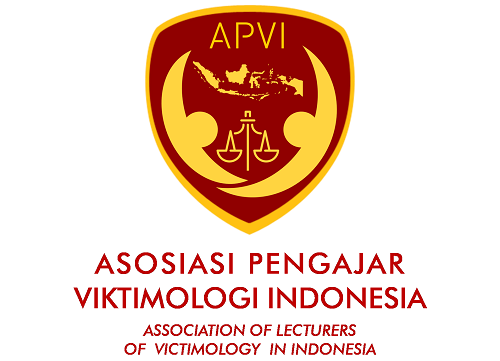EFEKTIVITAS PIDANA PEMBAYARAN UANG PENGGANTI DALAM TINDAK PIDANA KORUPSI (Studi Putusan Tindak Pidana Korupsi di Pengadilan Negeri Purwokerto)
Abstract
This punishment is proved not effective because there were only two person punished who repaid. The rest failed to do so due either to lack of money or liquid assets. Instead they signed a letter stating their inability to repay the corrupted money and their readiness to undergo subsidiary punishment. The verdicts of Purwokerto regential Court against corruption act during the period between 2004 through 2008 stated that the punished were given additional punishment to repay the corrupted money but not all of them were punished with such additional punishment. The punishment given was without the obligation to repay and verdict of not guilty. There was constraint from the legal aspect. The constraining factors were the difficulty the public attorney faced in tracing the wealth obtained from corruption. There was also the unawareness of the society to report corruption act.
Keyword : Legal effectiveness, Repay the corrupted money, Corruption
Full Text:
PDF View
DOI: http://dx.doi.org/10.20884/1.jdh.2010.10.2.142
Refbacks
- There are currently no refbacks.
JURNAL DINAMIKA HUKUM Indexed by :
 | Jurnal Dinamika Hukum | |
| Faculty of Law, Universitas Jenderal Soedirman | Copyright of Jurnal Dinamika Hukum | |
| Yustisia IV Building, Law Journal Center | ISSN 2407-6562 (Online) ISSN 1410-0797 (Print) | |
| Purwokerto, Central Java, Indonesia, 53122 | JDH is licensed under a Creative Commons Attribution 4.0 International License | |






